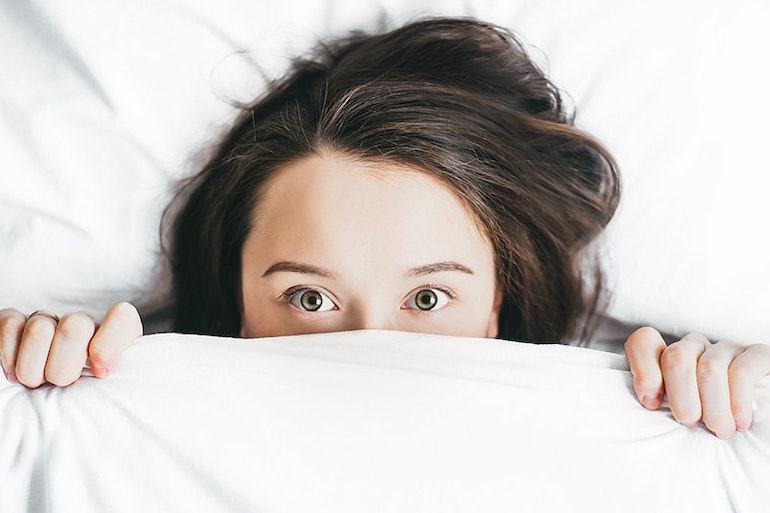
Have you ever thought about the fact that memory loss, depression, and obstructive sleep apnea (OSA) may all be interconnected? We sure hadn’t until a new study by RMIT University in Melbourne, Australia was released. It’s agreed upon in the medical field that memory and depression are linked – but this new research shows that people with obstructive sleep apnea have problems recalling specific details about their lives – making them vulnerable to depression.
And with an estimated 22 million people in the U.S. and 936 million people worldwide suffering from sleep apnea according to RMIT, this is an issue that needs addressing.
Semantic Memory vs. Episodic Memory
To better understand the results of the survey, it’s helpful to explain the difference between semantic memory and episodic memory. Semantic memory is a structured record of facts, meaning and concepts about the world that we have acquired throughout our lives. Semantic memories include the names of state capitals, our understanding of objects, different types of food, etc. Semantic memory can come from a personal context (such as the name of a sibling), but is consolidated in the mind as purely factual. Episodic memory, on the other hand, is our memory of experiences and specific life events, also called autobiographical events. The emotional charge and context of the memory usually remain in episodic memories.
As an example to help differentiate the two, a semantic memory would be remembering the name of your first-grade teacher, whereas an episodic memory would be remembering what it was like to go to your first day of first grade. People with depression are generally associated with a lower semantic memory than the general population, which means they are less able to recall specific details about events or experiences.
Diving Deeper into the Study
With the literature supporting the connection between depression and lower semantic memory in mind, the RMIT researchers compared a group of adults with OSA to a group of healthy adults in their assessment. They asked participants to recall certain autobiographical events from their childhood, early adult and recent life. The results showed that those with OSA had significantly more overgeneral memories — 52.3% compared with 18.9% of the control group. While their episodic memory was preserved, they struggled to remember the specifics. Researchers noted that this was probably due to interrupted sleep patterns, as research has shown that good sleep is essential for memory consolidation. While the exact correlation between sleep apnea, memory loss and depression still remains to be seen, this study highlighted the importance of further research to determine if treatment can counter or restore lost memories. On the bright side, sleep apnea treatment has been shown to improve some of the cognitive impairments related to the condition.
Symptoms of Depression
It’s important for all of us to assess our emotional well-being regularly, but it’s particularly important for those with (treated and untreated) sleep apnea. A 2014 study found that 46% of people with OSA demonstrated depressive symptoms.
Below are a few of the most common signs of depression:
- Persistent feelings of sadness
- Fatigue
- Trouble concentrating and remembering details
- Hopelessness and helplessness
- Restlessness
- Irritability
- Overeating or appetite loss
- Constant anxiety
- Suicidal thoughts or attempts
Combined with loud, persistent snoring, consistent fatigue, or waking up during the night gasping for air, it’s likely that depressive symptoms point to obstructive sleep apnea which may be affecting your systemic health.
The good news is that sleep apnea is highly treatable. If you believe you may have sleep apnea, first visit a physician to receive an appropriate diagnosis. If diagnosed, you will most likely be offered a CPAP or an oral appliance for treatment. While CPAP is traditionally the gold standard in sleep apnea treatment, it has a low rate of adherence among patients, especially when compared to other forms of treatment.
Dental sleep medicine practitioners like Dr. Jeff Rodgers provide another option for sleep apnea sufferers — oral appliances, which gently project the jaw forward during sleep to open up the airway in a way that is comfortable and tolerable for the patient. If you’re interested in a consultation, our office provides complimentary initial appointments where we can get to the bottom of your sleep issues and begin figuring out the right treatment option for you.
